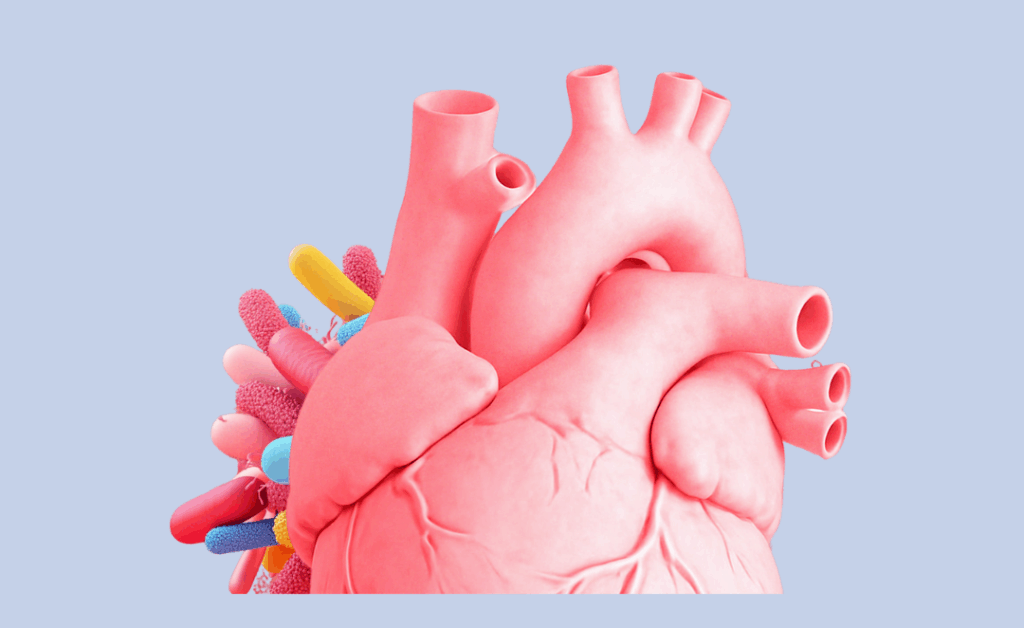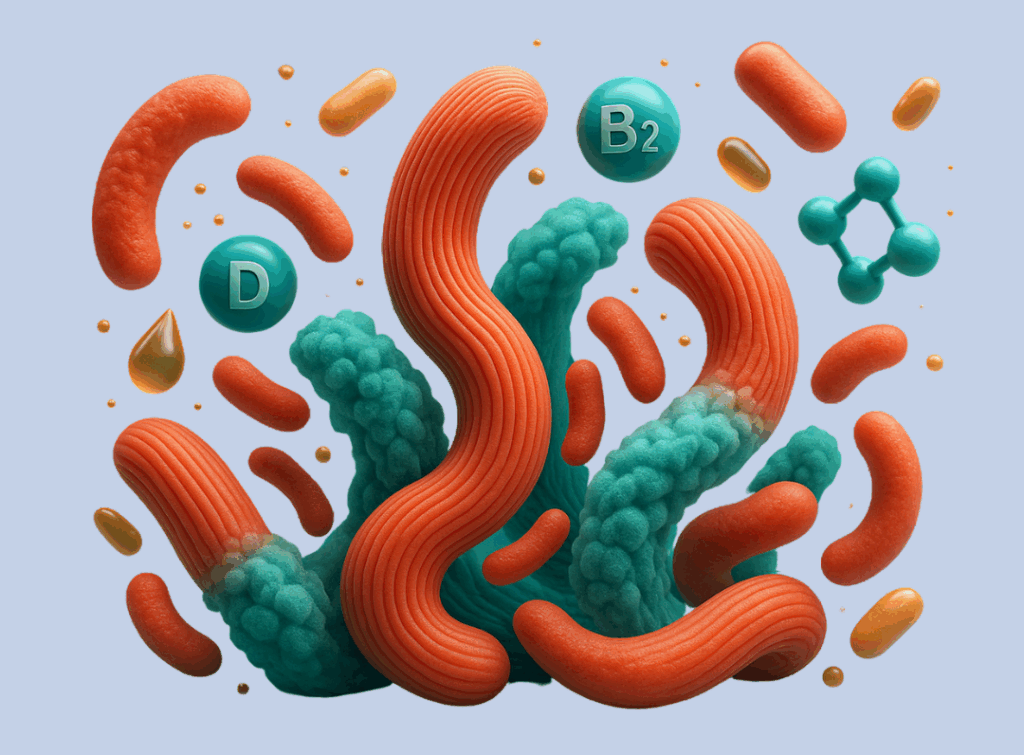When discussing gut health, terms like “probiotics” and “fiber” often come to mind. But behind the scenes, another group of unsung heroes quietly shapes your well-being—Short-Chain Fatty Acids, or SCFAs. These small but mighty compounds, produced when beneficial gut bacteria ferment dietary fibers, have a profound impact not just on digestion, but on immunity, metabolism, and even brain health.
What exactly are SCFAs?
Short-Chain Fatty Acids are the end products of a fascinating interaction between your diet and your gut microbiome. When you consume fiber, particularly certain types your body can’t digest, your gut bacteria break it down through fermentation. This process results in the production of SCFAs, primarily acetate, propionate, and butyrate.
Each of these fatty acids has unique functions. Acetate, the most abundant, is involved in energy metabolism and can influence appetite regulation. Propionate supports glucose metabolism and has anti-inflammatory properties. Butyrate, often regarded as the superstar among SCFAs, serves as the primary energy source for colon cells and plays a key role in maintaining the integrity of the gut lining.
The production of SCFAs depends on the composition of your gut microbiota. For example, Bacteroidetes are primarily responsible for producing acetate and propionate, while Firmicutes generate butyrate. These SCFAs are most concentrated in the cecum and ascending colon—the major fermentation hubs of your digestive system.
The Fiber-SCFA Connection
Not all fibers are created equal when it comes to SCFA production. Different types of dietary fiber yield different SCFA profiles depending on which microbes ferment them. This is why consuming a wide range of fiber sources is so important—it supports a more diverse microbiome, leading to a broader spectrum of SCFAs.
For instance, fibers like fructo-oligosaccharides (FOS) and galacto-oligosaccharides (GOS)—found in foods such as garlic, onions, bananas, and dairy products—are particularly effective at promoting the production of butyrate and propionate. In contrast, inulin and arabinoxylans, found in chicory, onions, and whole grains, produce higher acetate levels.
Resistant starches, abundant in foods like legumes, are known for boosting butyrate production, along with some acetate and propionate. Beta-glucans, found in oats, barley, and mushrooms, support the production of propionate and butyrate, while pectin, plentiful in apples and citrus fruits, tends to favor acetate production.
SCFAs’ Far-Reaching Effects Beyond Digestion
However, SCFAs do far more than aid digestion—they’re central to maintaining a healthy intestinal environment. In inflammatory conditions like IBD, SCFAs strengthen the gut lining, reduce inflammation, and protect against harmful bacteria. They also support smoother digestion by improving stool hydration and movement, helping alleviate constipation. Beyond the gut, SCFAs play a key role in regulating immune function. They fine-tune the immune system by balancing pro- and anti-inflammatory responses and influencing immune cell behavior, contributing to both gut and overall immune health.
SCFAs also impact metabolism and brain health. They help regulate appetite, reduce fat storage, and improve insulin sensitivity—actions that support healthy weight and metabolic balance. At the same time, SCFAs like butyrate act on the brain by reducing inflammation and supporting cognitive function, mood, and neurological signaling through the gut-brain axis. These effects shift across the lifespan as microbiota composition evolves, underscoring the importance of maintaining a fiber-rich diet to support SCFA production and overall well-being at every age.
The Lasting Impact of SCFAs on Health and Well-being
SCFAs may be small, but their impact on health is vast. From improving gut integrity and immune function to supporting metabolism and cognitive health, these molecules are indispensable for overall well-being. By promoting a diverse and fiber-rich diet, we can nurture a gut microbiome that produces various SCFAs, ultimately fostering a balanced and thriving body. As research continues to uncover the full extent of SCFAs’ benefits, it’s clear that paying attention to gut health through proper nutrition isn’t just about digestion—it’s a key to maintaining long-term vitality and resilience.
References:
Piero Portincasa, Leonilde Bonfrate, Vacca, M., Angelis, M. D., Farella, I., Lanza, E., Khalil, M., Wang, D. Q.-H., Sperandio, M., & Agostino Di Ciaula. (2022). Gut Microbiota and Short Chain Fatty Acids: Implications in Glucose Homeostasis. International Journal of Molecular Sciences, 23(3), 1105–1105.
Mann, E. R., Lam, Y. K., & Uhlig, H. H. (2024). Short-chain fatty acids: linking diet, the microbiome and immunity. Nature Reviews Immunology, 24(8), 577–595.









